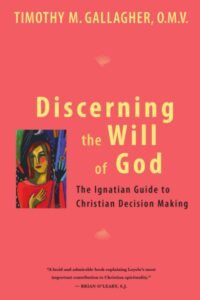Podcast: Play in new window | Download (Duration: 24:47 — 34.2MB) | Embed
Subscribe: Apple Podcasts | Spotify | Amazon Music | Android | Pandora | iHeartRadio | JioSaavn | Podchaser | Gaana | Podcast Index | Email | TuneIn | Deezer | Anghami | RSS | More
The Blessed Virgin Mary, Advent, and Caryll Houselander – a reflection by Deacon Omar Gutierrez – Discerning Hearts Podcast
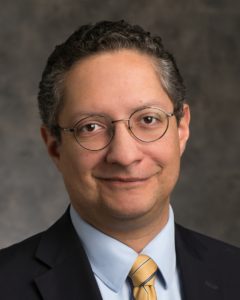
Join Omar Gutierrez as he explores the profound themes of Advent in Caryll Houselander’s “The Reed of God.” Focusing on the anticipation and spiritual preparation that characterize this liturgical season, Gutierrez brings to life Houselander’s unique insights into the Blessed Virgin Mary’s role during Advent. Through his thoughtful presentation, listeners are invited to deepen their understanding of Mary’s journey, mirroring the waiting and hopeful expectation central to Advent. This episode is a journey through the themes of waiting, contemplation, and spiritual awakening, as presented in Houselander’s visionary work. It offers an enriching perspective for anyone seeking a deeper spiritual experience during Advent and a renewed appreciation for Mary’s role in the mystery of the Incarnation.
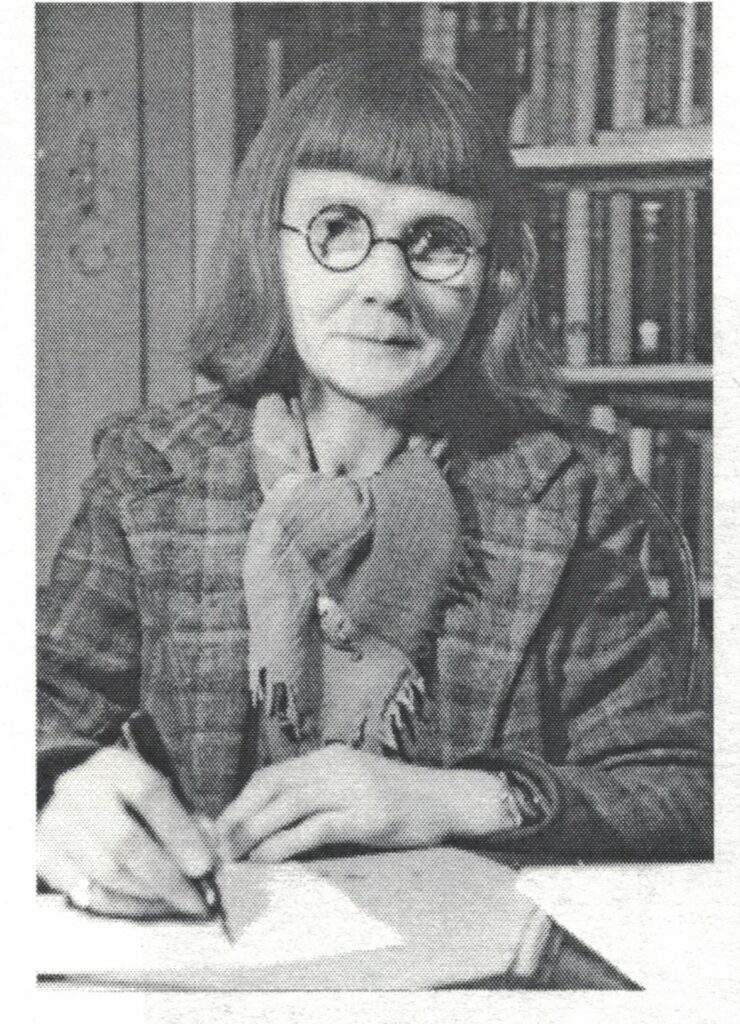
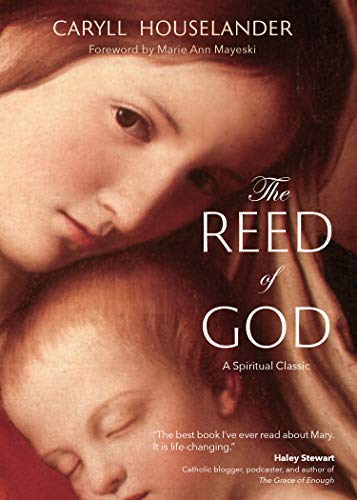 You can find the book her
You can find the book her
First published in 1944 and now a spiritual classic for Catholics across the globe, The Reed of God contains meditations on the humanity of Mary, Mother of God. British Catholic writer and artist Caryll Houselander lovingly explores Mary’s intimately human side, depicting Our Lady as a musical instrument who makes divine love known to the world.
While the Second Vatican Council led to a renewed interest in the theology and person of Mary, Caryll Houselander offered a simple yet profound reflection on the Mother of God almost fifteen years before the council began
- 00:00 – 05:00: Introduction to the podcast and the significance of Advent in Catholic tradition.
- 05:01 – 15:00: Omar Gutierrez’s insights on Advent themes in “Reed of God” and their connection to Mary.
- 15:01 – 25:00: Exploring the concept of waiting and spiritual preparation as portrayed by Houselander.
- 25:01 – 35:00: Reflections on Mary’s journey and its parallels to the Advent season.
- 35:01 – 45:00: Discussion on the relevance of “Reed of God” for contemporary Advent practices and spiritual growth.
- 45:01 – End: Concluding thoughts on integrating Houselander’s insights into personal Advent devotion.
The Evangelism Institute seeks to bring a deeper understanding of the faith to Catholic school teachers, teens, college students, and other interested adults. For more information visit eicatholic.org




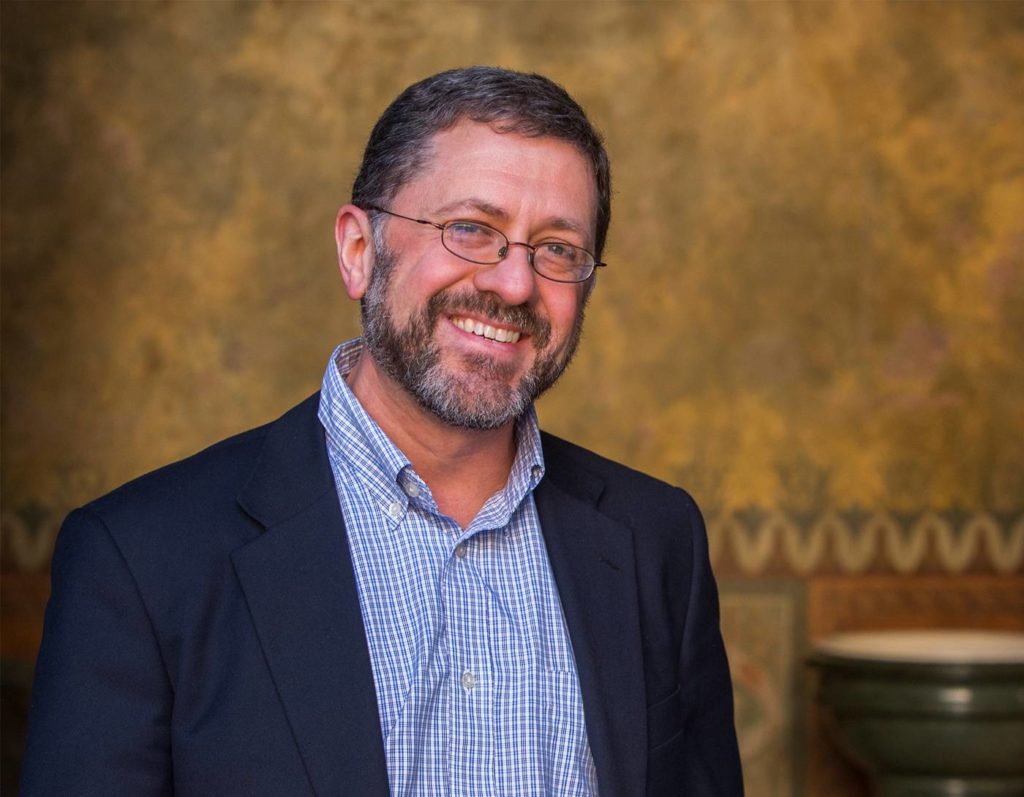 Episode 6 – Marcion – Villains of the Early Church with Mike Aquilina
Episode 6 – Marcion – Villains of the Early Church with Mike Aquilina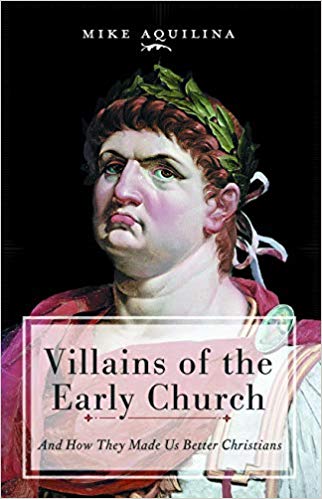


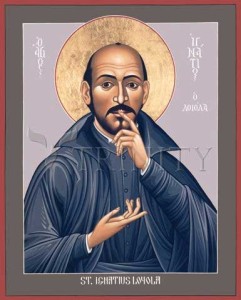 Discerning Hearts Reflection Questions:
Discerning Hearts Reflection Questions: